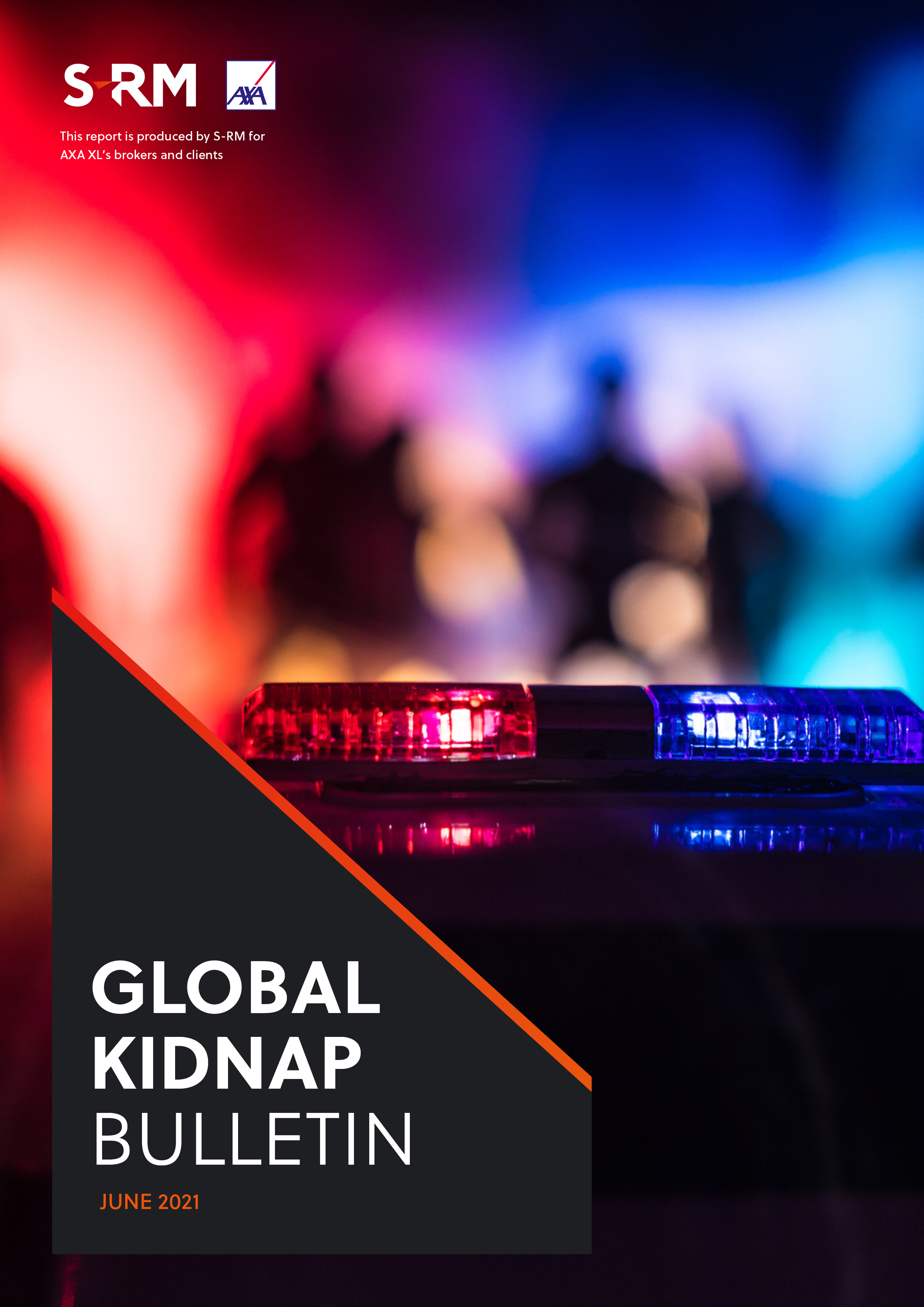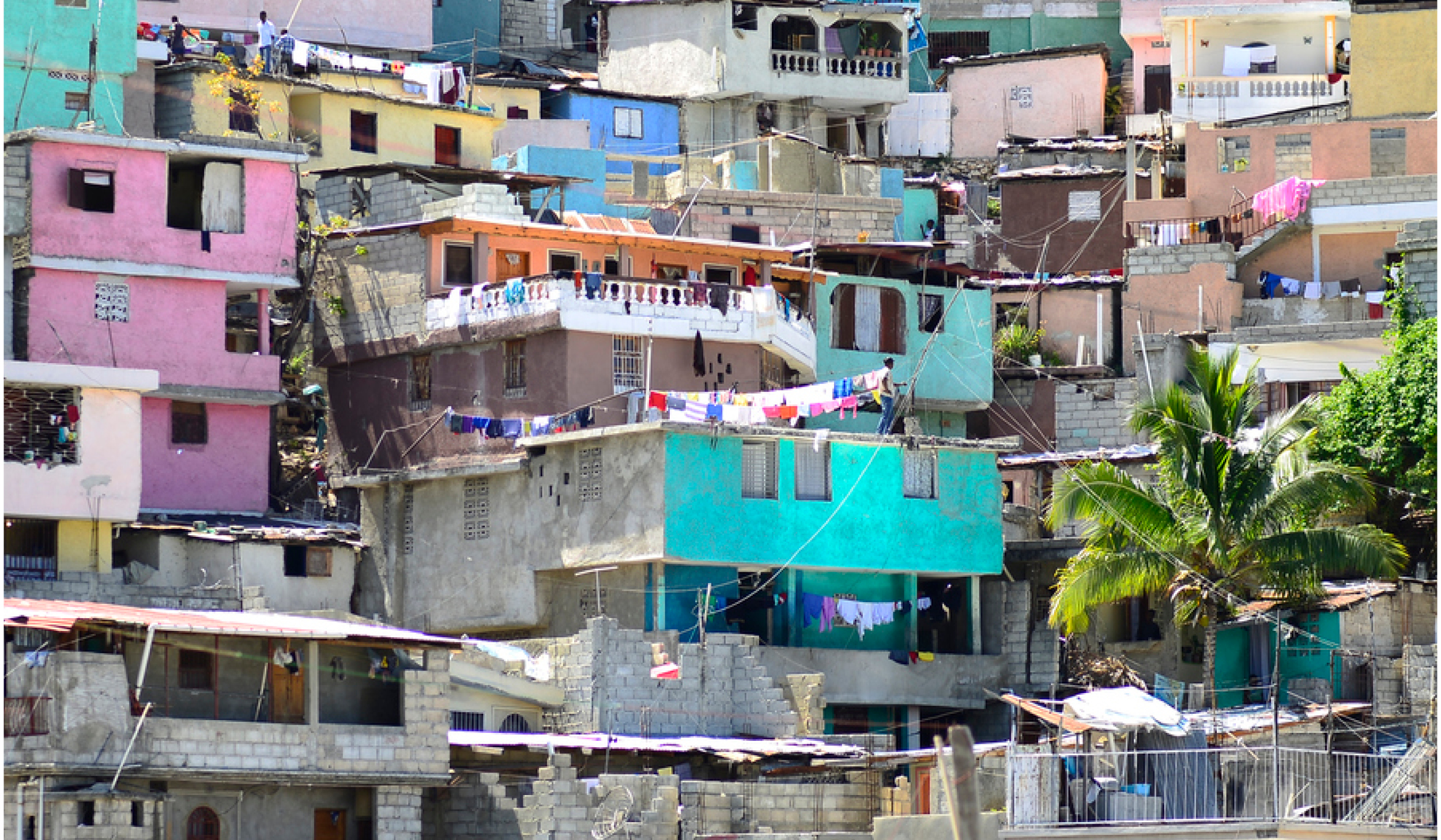As protest action persists, the deterioration of public order has buttressed gangs and allowed opportunistic criminal activity to thrive, writes Erin Drake
The Covid-19 pandemic has caused the worst recession in Colombia in almost 50 years. The government’s introduction of a tax reform bill to widen the tax base and increase the price of basic goods triggered a national outcry in April. Unions, political movements, civil society groups and other collectives staged a countrywide strike, which has since developed into a mass-protest campaign, prompting the government to withdraw the bill.
As widespread protests have continued, public officials, anecdotal accounts, and media have highlighted an increase in reported crimes, including extortion, theft, and intimidation in urban centres. Official crime statistics are limited and unreliable, and there are currently no crime statistics for May. However, according to the Secretary of Security Hugo Acero, May saw a particularly high volume of reported opportunistic crimes, including property theft in Bogotá. Bogotá’s police force is currently operating at a deficit of around 9,000 officers, with suspended leave and longer shift hours. Such capacity constraints reduce security forces’ capabilities to effectively police crimes. Countrywide, there have been reports of protesters extorting travellers in exchange for passage at makeshift roadblocks (a common protest tactic across Latin America). Along the Buga-Buenaventura highway in Valle del Cauca, private vehicles have been charged COP 250,000 (around USD 70) while commercial trucks have been charged between COP 500,000 and one million (around USD 140-270) at illegal checkpoints. In some areas, like Cali, protesters have harassed small businesses and residents at their homes near protest sites for money to fund demonstrations.
This reported jump in criminal activity may not be directly caused by the protest movement. Instead, it is probably the case that several of factors have coalesced to create a permissive environment for criminals. Protests have caused many businesses, including large plants, to suspend operations, adding to already widespread poverty and unemployment. Coupled with stretched security resources and expanding illegal markets for stolen goods, these conditions make turning to theft or extortion to earn or supplement an income a more attractive option. While some protesters have no doubt taken advantage of the situation, according to police, many of those arrested have existing criminal backgrounds, and have simply used the protests as cover for their activities.
The protests show no signs of abating. Demands are too diverse and the grievances are longstanding, which has made it difficult for the government to address the plethora of issues. This means that the underlying drivers of opportunistic crimes, such as poverty, will remain. As security forces focus their attention on suppressing demonstrations, gangs and other criminal elements will continue to use this window of opportunity to intensify their activities. As such, major cities are likely to see a spike in crime rates – including opportunistic crimes and gang-related violent crimes – in the coming months, as insecurity aggravated by the demonstrations continues to contribute to a permissive environment for crimes.
SPOTLIGHT: CRIME IN CALICali has been the worst-affected by growing crime rates. Homicides, mostly attributed to an escalation in gang violence, have nearly doubled to 172 incidents in May compared to the same period in 2020 (although numbers were likely lower because of the lockdown), as local gangs leverage the breakdown in law and order – including lockdown violations – to intensify clashes over territory. In late May, police established a specialised anti-blockade force to combat the proliferation of extortion at protest blockades, where travellers have been forced to pay between COP 5,000 and 10,000 (around USD 1-3) to pass. There is also a growing tendency for protesters to use live rounds to return fire at police cracking down on illegal demonstrations |



 Email Erin
Email Erin




 @SRMInform
@SRMInform
 S-RM
S-RM
 hello@s-rminform.com
hello@s-rminform.com

